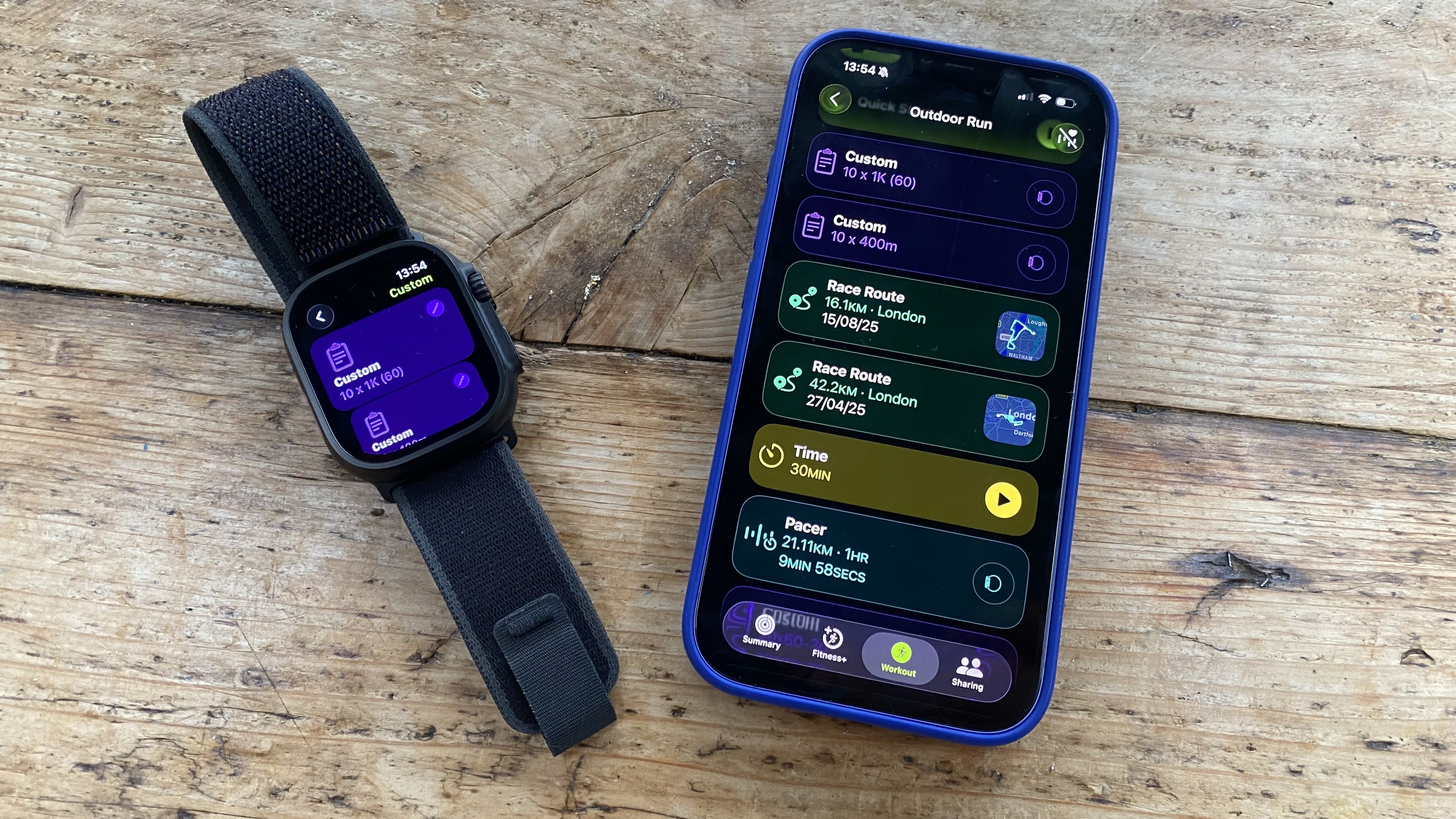
Eating with your teeth, I mean, not through a straw. It’s hard to remember, but “meals” didn’t always mean a blender, cottage cheese, egg whites, and whey hydrolysate, whatever that is.
Patrick Schwarzenegger‘s White Lotus smoothie, with its reported 200 grams, was supposed to be a joke — not a goal.
But now we’re living in the protein-ocene. The maker of a high-end protein bar, a company called David, is literally marketing frozen, raw cod alongside its blueberry pie and cake batter bars, as if cod were just one more flavor. “Boil before consuming,” the directions read.
The protein craze is fueled by gym culture; a recognition that eating protein makes you feel full longer and can help with weight loss; and the marketers eager to exploit our vulnerabilities.
What was once a niche gym bro obsession is now being inflicted on people who just want to go about their day without being shamed for wasting calories on an apple.
I thought counting calories was a drag, but it’s nothing compared with trying to hit your protein quota. To do protein right, you need to spend your days like a blue whale, eating, eating, eating, except instead of krill, you’re mainlining pistachios and Greek yogurt.
No one’s giddier about protein than the food brands. Just as gluten-free exhaustion was setting in, here comes the chocolate chip protein pancakes. Who cares if consuming too much protein could harm your kidneys or actually lead to weight gain, the macronutrient (or “macro” in protein circles) has seized the health halo.
It’s goodbye “organic,” hello proffee (that’s protein coffee, and it’s real).
So many products seem like the imagination of SNL writers — protein popcorn, protein seltzer, protein beer — that I’m not sure if the following tweets are a joke.
“Every day we inch closer to ‘protein vape’ being real,” @CBD420 wrote on X earlier this month.
“We’ve strayed so far from god’s light,” read a caption shown over a close-up of sour protein gummies.
Oh, wait, we have not gotten to the central question:
How much protein do I need to eat? According to the recommendations set by the National Academy of Medicine, the suggestion is that adults eat about 0.8 grams of protein per kilogram of body weight per day.
Never mind that I still have no idea how many kilograms I weigh, or why they insist on giving the numbers in kilograms, for a 150-pound adult, this means about 54 grams per day.
But some experts recommend that very active adults, or those trying to build muscle or who are, god forbid, aging, eat more.
A UCLA Health newsletter reports that experts recommend older adults consume 1.2 to 1.6 grams per kilogram of body weight daily, and that avid exercisers potentially need even more protein — as much as 2 grams per kilogram of body weight per day, or 20 to 40 grams per meal.
For a 150-pound adult, that could be as much as 136 grams of protein a day. Get busy!
On TikTok, in video after video, influencers boast their consumption, as obsessed with “hitting their numbers” as lottery regulars, and after a few minutes, it all runs together until you never want to see or hear about another gram of protein again.
I’m a dietician and here’s how I get 120 grams of protein every single day, and this smoothie has 45 grams and no sugar, and just substitute bone broth, and here’s how I protein load my breakfast ….
And oh, here’s another challenge: protein goals need to be met while also staying within calorie limits — and the limits of what a spouse will put up with. The latter may be the bigger challenge.
Tiana Lane, a local health coach, regularly sees the dark side of such intense focus.
“One person wants to go out for dinner or get drinks, but the other won’t because they need to hit their protein goals,” she said. “They fear it will ruin their ‘protein progress.’”
But the stakes feel high, Lane said.
“People think protein is going to solve all of their problems: stress, tiredness, brain fog, work-life balance, rage issues … ”
But when it doesn’t, or they can’t keep it up with all the eating, they become “confused and sad,” she said. “They feel like such a failure that they give up” — until they get swept into the next health trend.
But loosening protein’s grip can be hard, said Laura Cohen, a former registered dietician who is now an eating disorders recovery coach and activist.
She sent me a link to a blog post about “protorexia’’ — the unhealthy obsession with protein-based diets.
The biggest warning signs are when people start swapping meals and whole food groups for protein shakes and bars, according to the United Kingdom-based blog, Total Health.
Or, said Cohen, it becomes their only conversation. “All [some people] want to do is talk about how much protein they eat,” she said.
Thankfully, most crazes don’t last forever — pumpkin spice notwithstanding — and protein’s grip may be weakening. Consider a few recent headlines:
“Most of us are overeating protein … and it’s driving up fat levels,” read a story in BBC Science Focus Magazine.
“Protein is important — but we’re eating too much, experts say,” the Harvard T.H. Chan School of Public Health wrote.
Perhaps the most common-sense approach came from my colleague and Globe co-op Isabella Bernstein. As a college student, she’s a major target for online protein content.
“What about love and joy?” she asked when we sat down to talk protein.
Love and joy? That sounded so wonderful. I wonder if it has protein?



